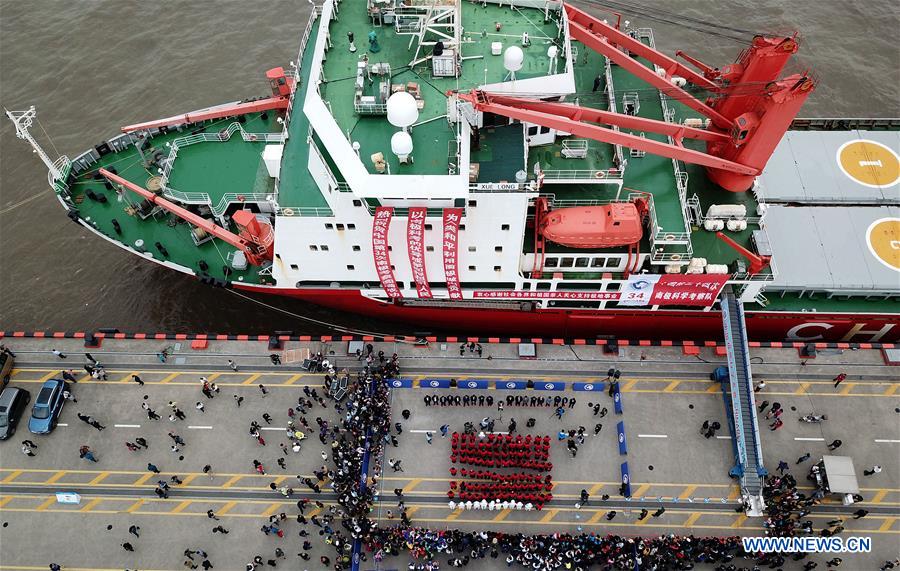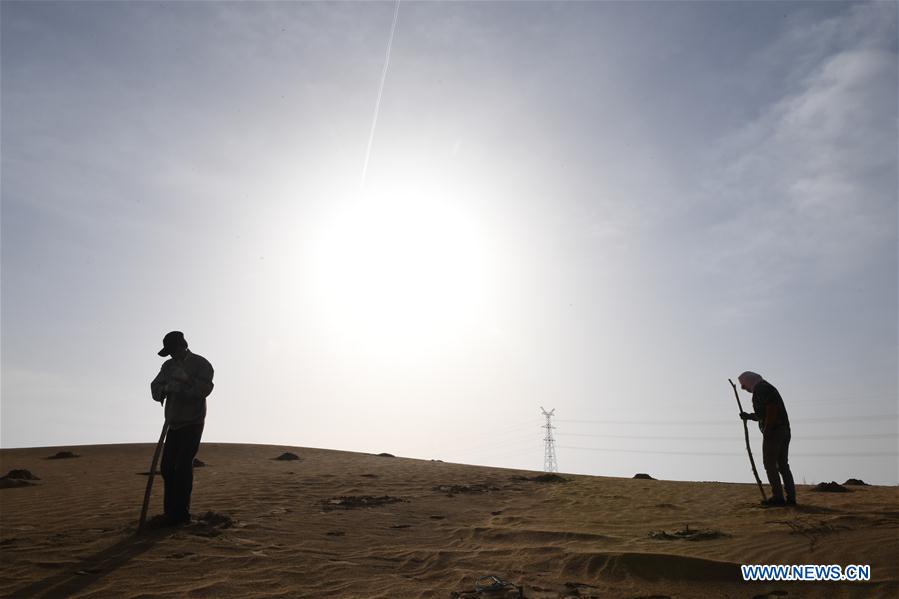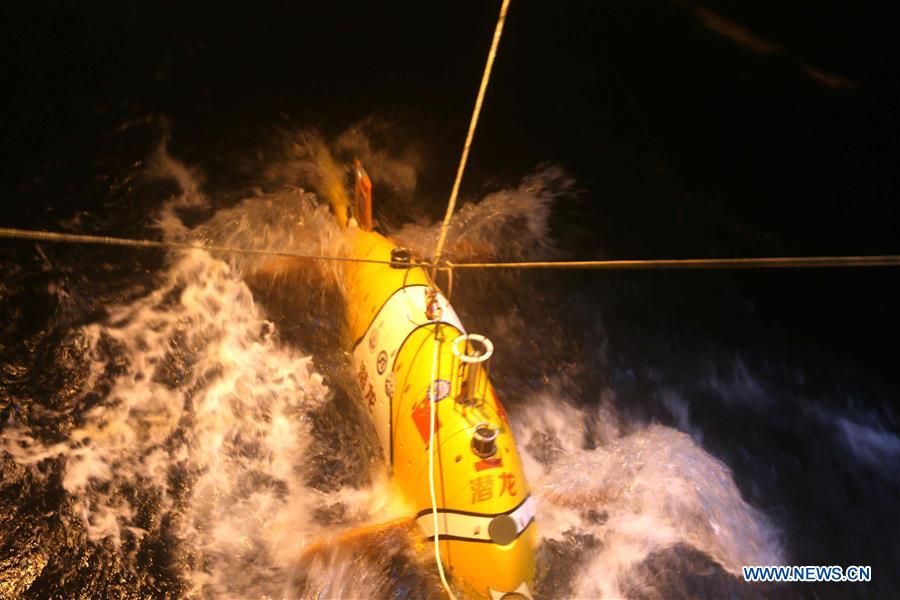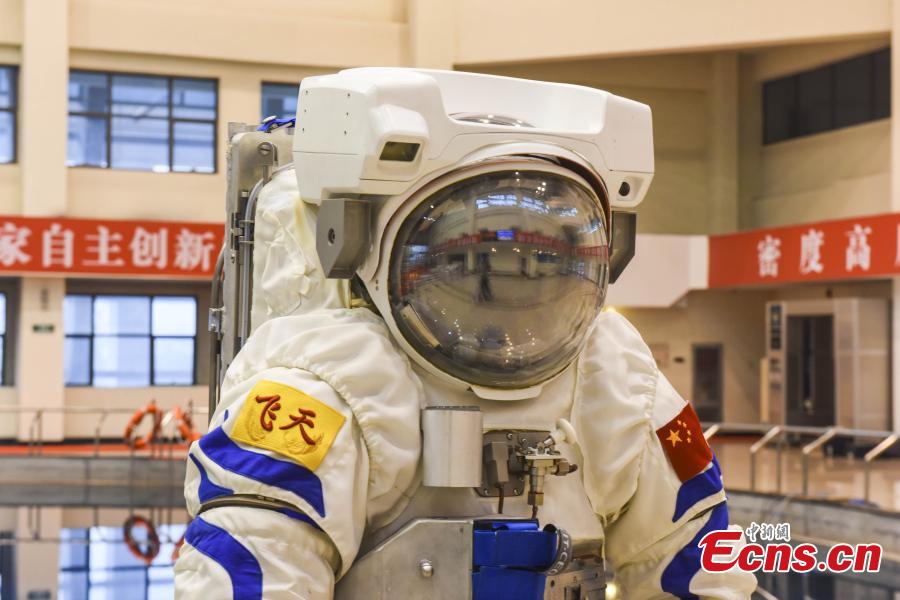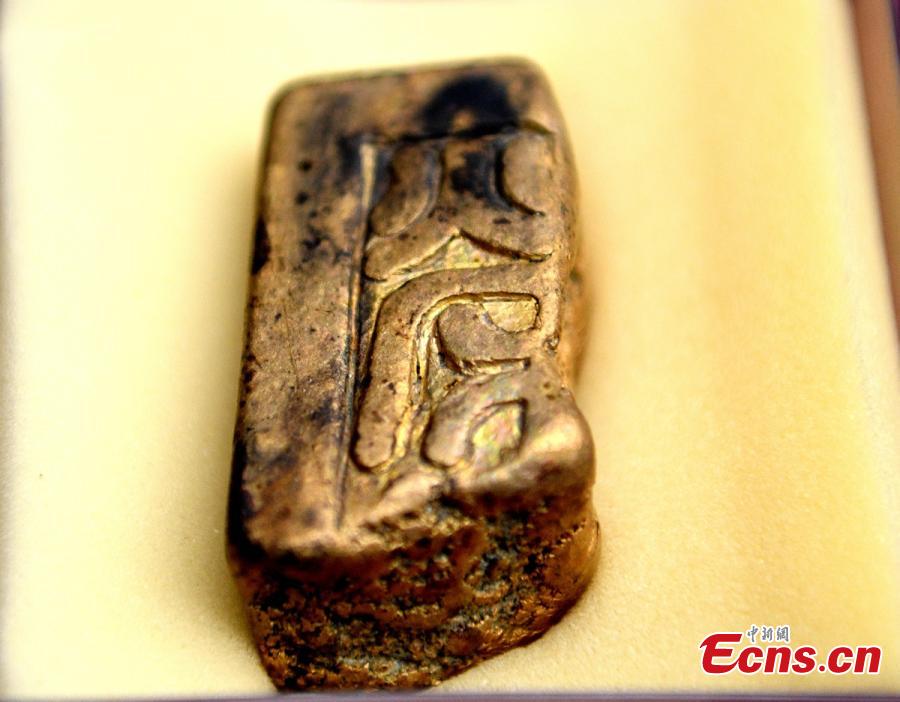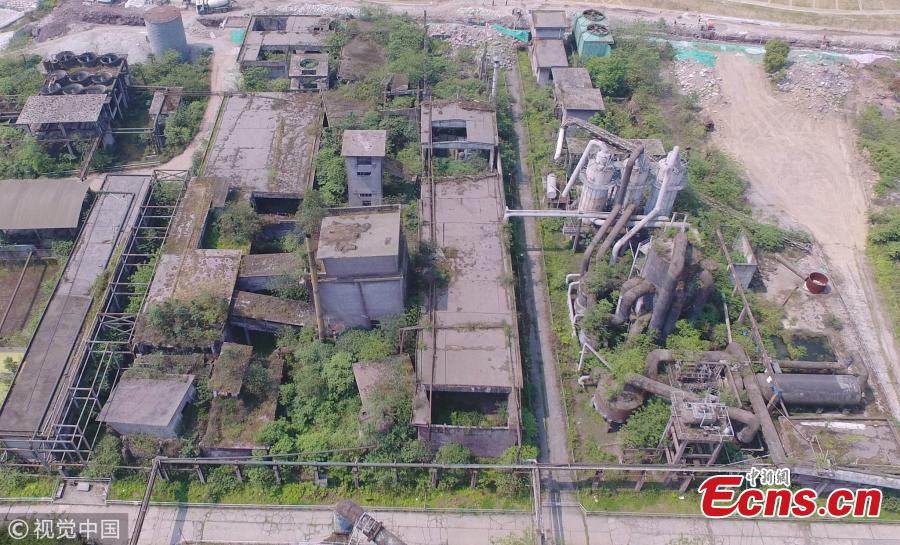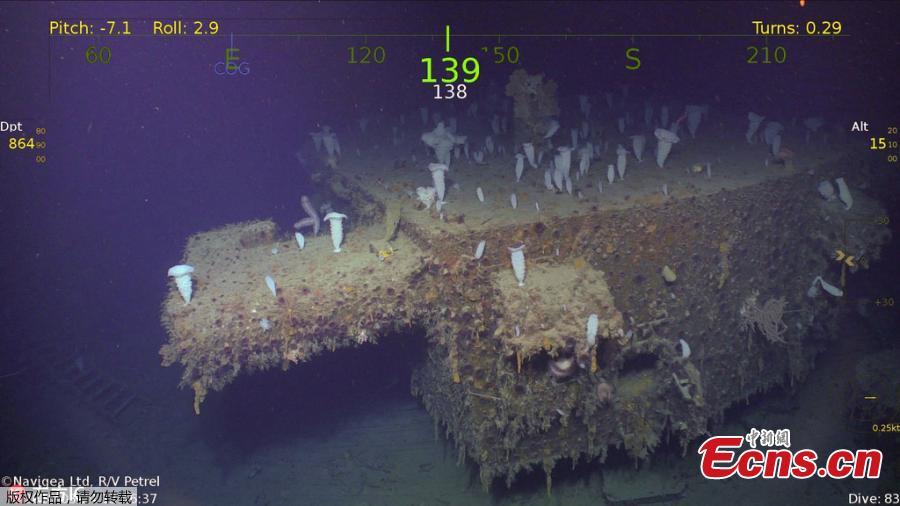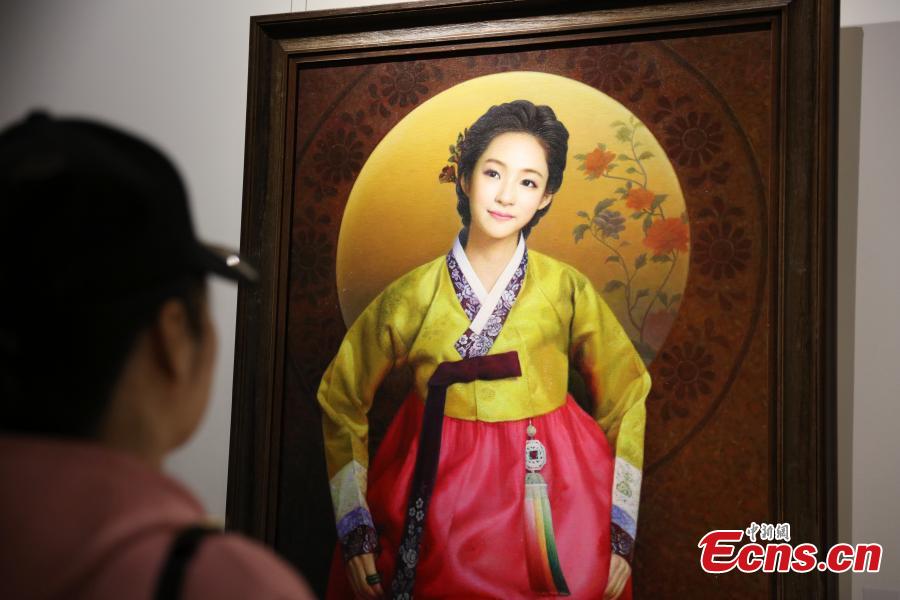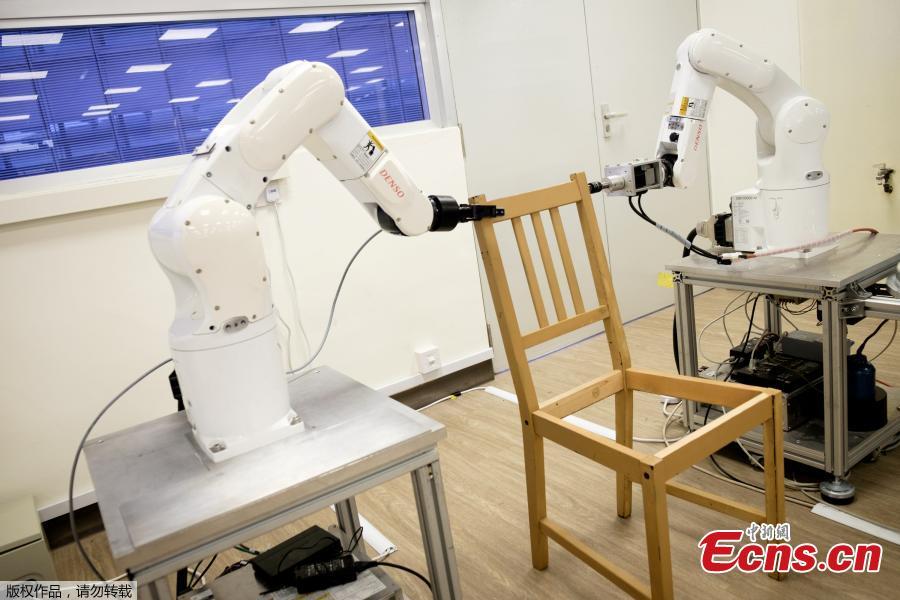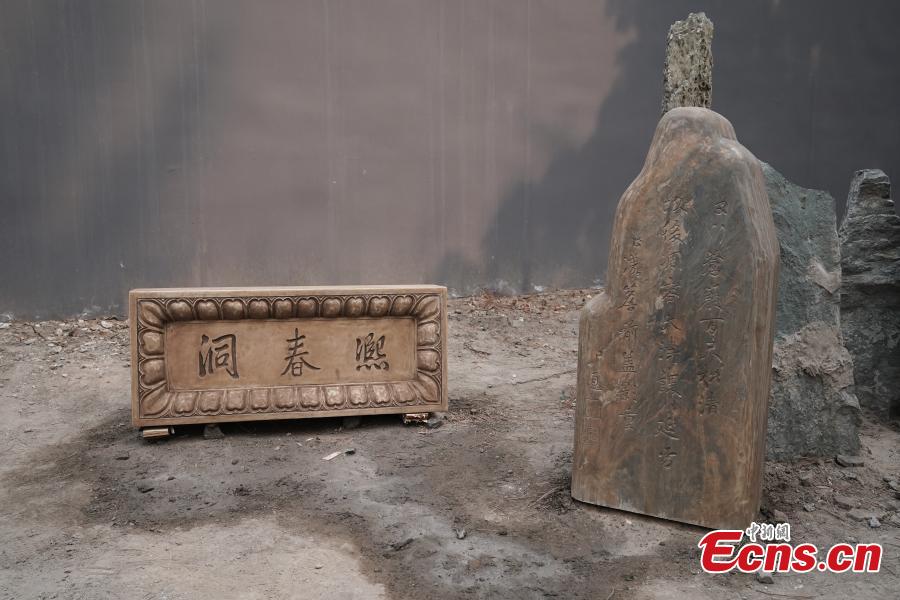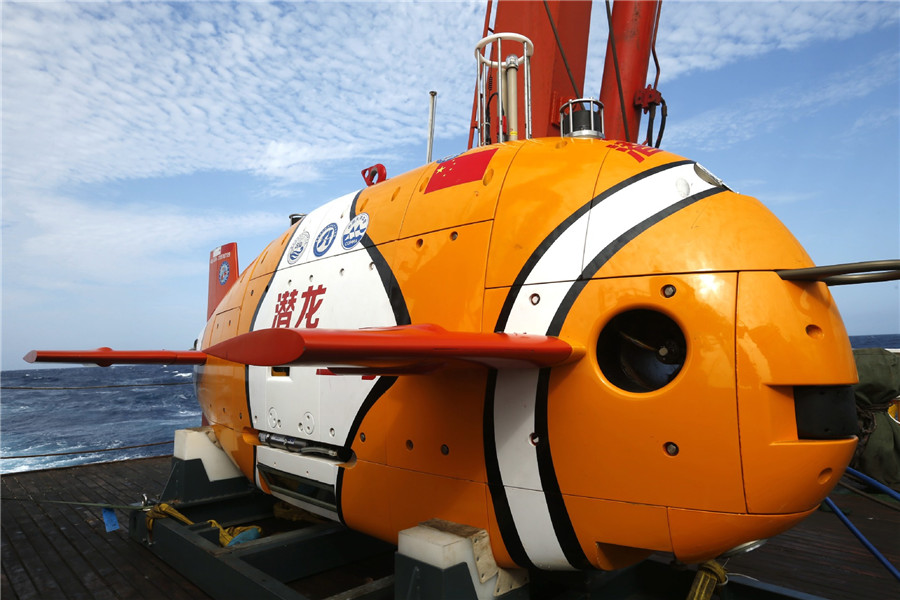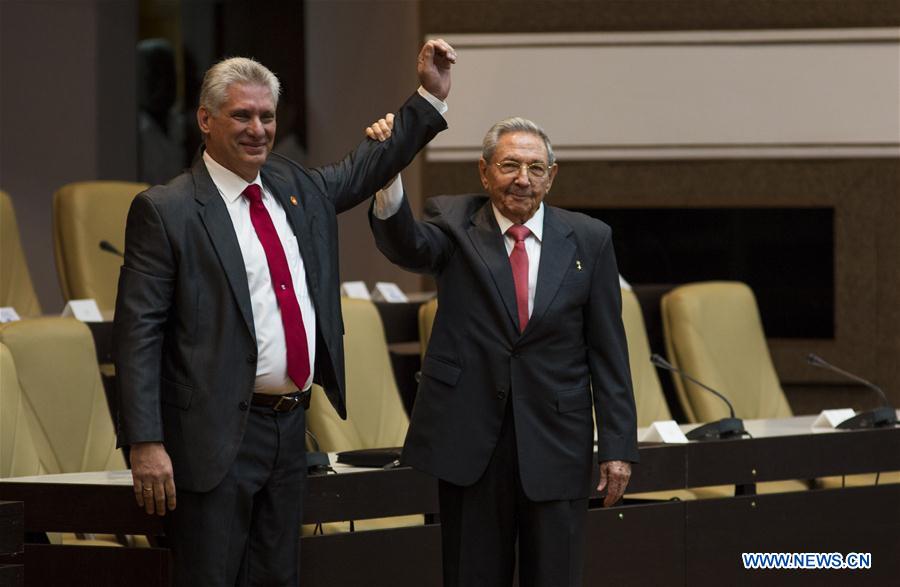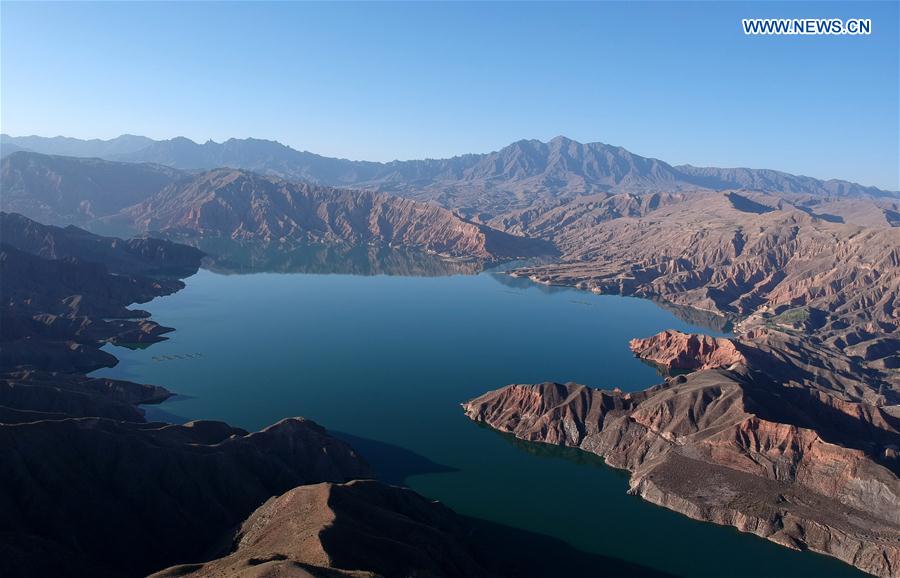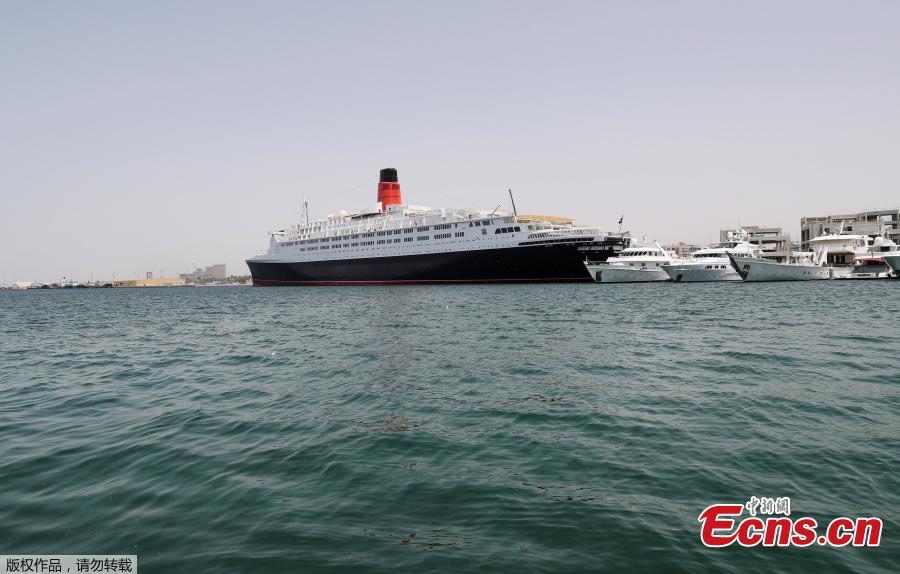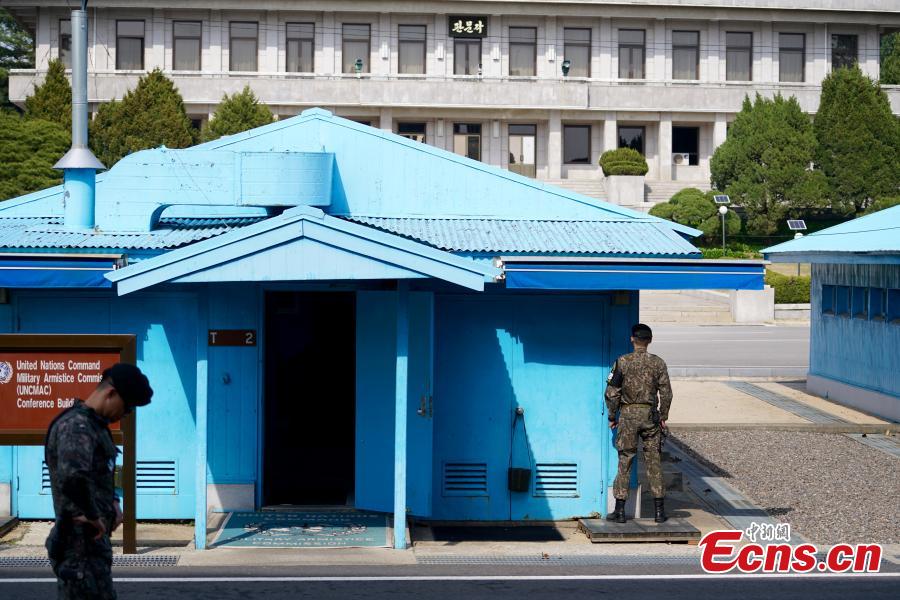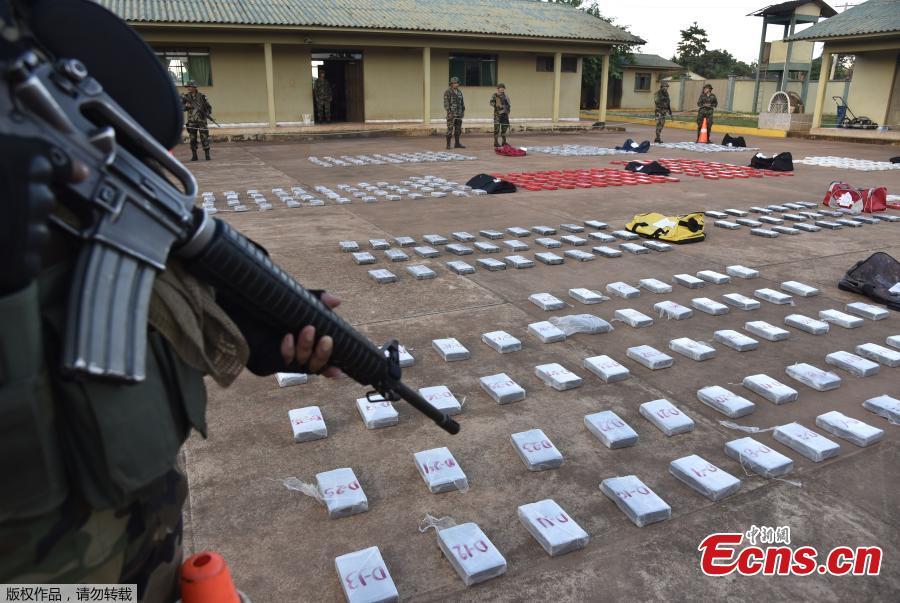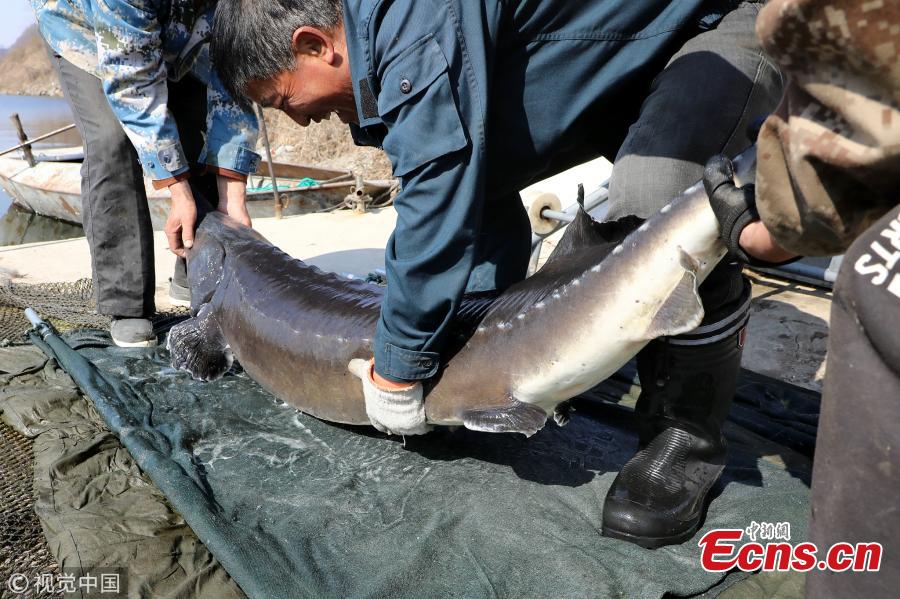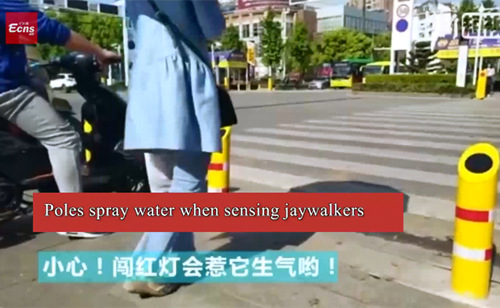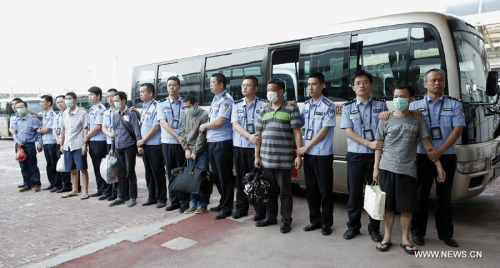
Six fugitives involved in economic crimes are taken back under escort from Indonesia at Capital International Airport in Beijing, June 21, 2015. (Photo/Xinhua)
More than 4,000 fugitives suspected of economic crimes, including 800 corrupt officials, have returned to face trial from more than 90 countries and regions since March 2015, the beginning of the SkyNet operation, the Central Commission for Discipline Inspection said on Sunday.
In the same period, Chinese police confiscated nearly 10 billion yuan ($1.6 billion) in illicit assets, it said.
SkyNet is designed to target corrupt fugitives and confiscate their ill-gotten assets.
"The great achievement of nabbing the fugitives in the past three years reflects the CPC Central Committee's resolute determination to combat crimes involving corrupt officials fleeing overseas," the CCDI statement said.
"As long as one suspect is still at large abroad, we will try every effort to capture him and bring him back for justice."
It said China will beef up cooperation with Western countries, including the United States, Canada, Australia and Singapore, to establish bilateral cooperative mechanisms to identify illicit assets sent abroad by suspects, and then freeze and return those assets.
Moreover, the country will tighten the management of public servants' private passports, while enhancing information sharing with the People's Bank of China center that handles money laundering cases, as well as with other financial institutions, to monitor suspicious capital transfers to foreign accounts.
Recently, a large number of corrupt Chinese officials and State-owned-enterprise directors have fled to the US, Canada and New Zealand to evade punishment. China has no bilateral extradition treaties with those countries.
Fugitives have transferred large amounts of ill-gotten money abroad through money laundering and underground banks.
In April 2015, the International Criminal Police Organization issued red notices for the arrest of 100 major Chinese corruption fugitives on the run abroad.
To date, 52 of the 100 most-wanted fugitives have returned from more than 16 countries and regions, including Hu Yuxing, former head of the Taiyuan city housing system reform office in Shanxi province. Hu was suspected of abusing power and returned in January after spending 16 years on the run in Australia.
According to the CCDI, the other 48 fugitives are still hiding in foreign countries, especially Western destinations. Chinese law enforcement authorities are working closely with their foreign counterparts to find the suspects.
To strengthen the Communist Party of China's leadership in the fight against corruption, Zhejiang and Shanxi provinces were chosen, along with Beijing, as pilot areas to set up supervisory commissions to better study, among other things, how a cross-border enforcement mechanism would work, and then offer their experience to other regions.
By late February, directors of supervisory commissions had been appointed in 31 provinces, municipalities and autonomous regions.
In March, the National People's Congress, the top legislature, approved the Supervision Law, designed to lay a legal foundation for an upgraded anti-graft task force.
"Setting up the new supervisory commissions is a major reform that will have new deployments and integrate anti-corruption resources. In particular, they will effectively improve the capability to hunt down corrupt Chinese fugitives and recover their illicit assets," said Jiang Laiyong, a researcher at the Chinese Academy of Social Sciences' China Anti-Corruption Research Center.









